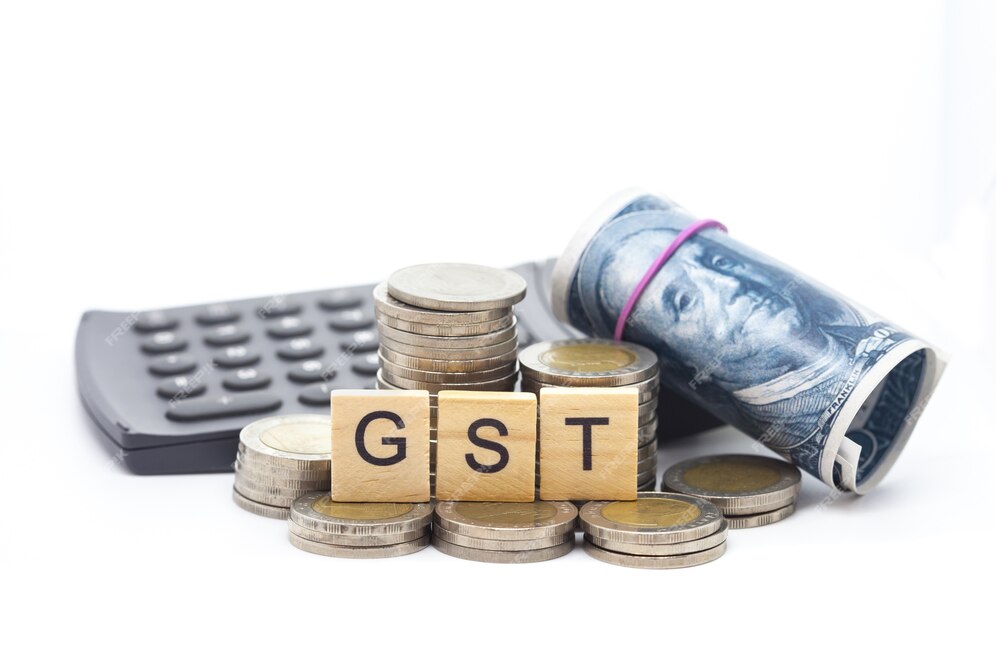

In today’s digital age, the landscape of commerce and transactions has undergone a profound transformation. With the rise of e-commerce platforms, online marketplaces, and digital payment systems, traditional methods of taxation are facing new challenges and complexities. In India, the taxation of digital transactions has emerged as a critical issue, presenting both opportunities and hurdles for businesses and tax authorities alike. Let’s delve into the challenges and explore potential solutions in this evolving domain.
-
The Digital Disruption: The advent of digital transactions has disrupted traditional business models, blurring geographical boundaries and creating a global marketplace. However, this digital revolution has also posed challenges for tax authorities in effectively capturing and taxing transactions that transcend physical borders.
-
Jurisdictional Ambiguity: One of the primary challenges in taxing digital transactions lies in determining the appropriate jurisdiction for taxation. With transactions occurring seamlessly across multiple jurisdictions, tax authorities often grapple with the question of which country has the right to tax the income generated from digital activities.
-
Taxation of Digital Services: Unlike tangible goods, digital services such as software downloads, streaming services, and online advertising are intangible and often provided remotely. This presents challenges in determining the place of supply for tax purposes and enforcing tax compliance on digital service providers operating in India.
-
Issues of Permanent Establishment: The concept of permanent establishment (PE) is fundamental in determining the tax liability of foreign entities operating in India. However, in the digital realm, the traditional notion of PE may no longer suffice, raising questions about the taxation of digital businesses with minimal physical presence in the country.
-
Tax Evasion and Base Erosion: The borderless nature of digital transactions opens avenues for tax evasion and base erosion, as businesses may exploit loopholes in tax laws to minimize their tax liabilities. This poses a significant challenge for tax authorities in ensuring fair and equitable taxation in the digital economy.
Solutions:
-
Digital Taxation Framework: To address the challenges posed by digital transactions, India is exploring the implementation of a digital taxation framework that aligns with international standards while catering to its unique needs. This framework may include provisions for taxing digital services, establishing nexus rules, and preventing tax avoidance strategies.
-
Unified Global Approach: Given the cross-border nature of digital transactions, a unified global approach to digital taxation is essential to ensure consistency and coherence in tax policies across jurisdictions. India is actively engaging in international discussions and collaborations to develop consensus-based solutions to digital taxation challenges.
-
Enhanced Data Analytics: Leveraging advanced data analytics and technology-driven solutions can enable tax authorities to effectively monitor and track digital transactions, identify potential tax evasion risks, and enforce compliance measures. By harnessing big data and artificial intelligence, tax authorities can enhance their capabilities in detecting and deterring tax evasion in the digital space.
-
Collaborative Partnerships: Collaboration between tax authorities, businesses, and technology providers is key to addressing the challenges of digital taxation. By fostering open dialogue and partnerships, stakeholders can work together to develop innovative solutions, streamline compliance processes, and promote transparency in the digital economy.
Conclusion-:
the taxation of digital transactions presents a complex and evolving landscape fraught with challenges. However, with proactive measures, innovative solutions, and collaborative efforts, India can navigate these challenges and harness the potential of the digital economy for sustainable growth and development. By adopting a forward-thinking approach and embracing technological advancements, India can pave the way for a fair, efficient, and inclusive tax regime in the digital age.


